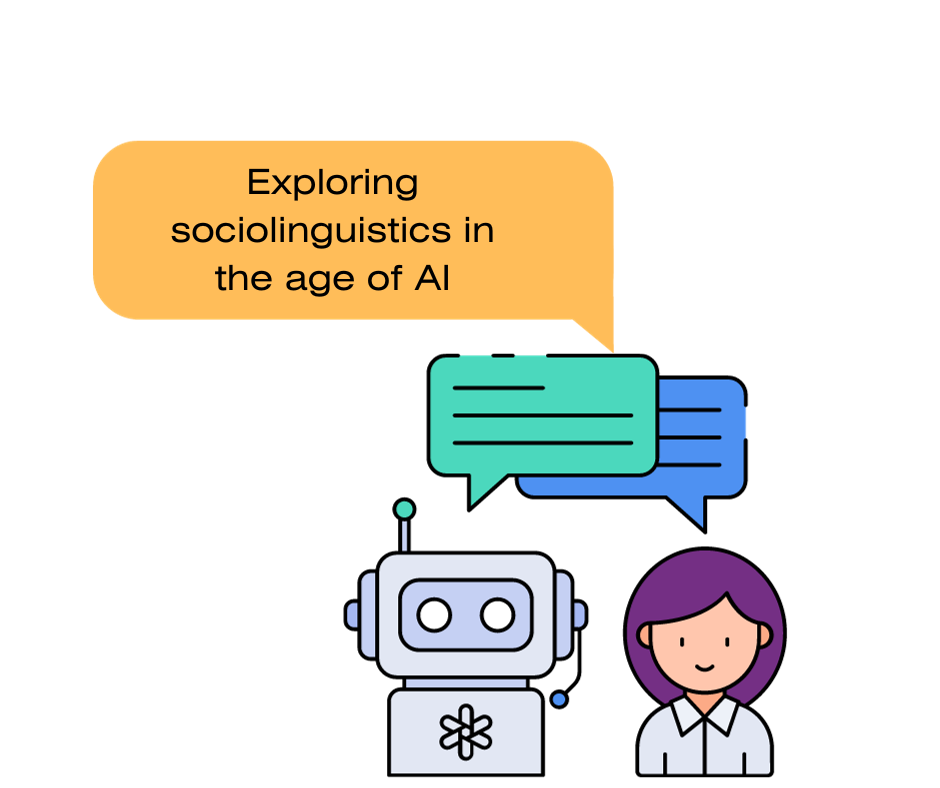
This seminar is situated in the broad field of sociolinguistics, i.e. the study of the relationship between language and society, drawing also on the theories of Gender, Queer, and Cultural Studies. As Fishman put it, sociolinguistics deals with “who speaks (or writes) what language (or what language variety) to whom and when and to what end” (1972: 46). In this seminar we examine the role of language in a variety of social contexts in order to develop insights into how language works and how it can be used to signal identities and to convey social meaning. We investigate the positioning of categories such as race, class, and gender in social and historical contexts and analyze how individuals negotiate these positionings. This class focuses on linguistic variation in a two-fold way, i.e. by focusing both on language use and on the user. Students will learn the basic terminology and main strands of sociolinguistic research; classic approaches in sociolinguistics will be complemented by more recent research. By integrating AI tools like ChatGPT in our class, students can carve out language patterns and trends, thus enriching their understanding of the complex interplay between language and society.
References:
Eckert, Penelope. 2012. Three waves of variation study: The emergence of meaning in the study of sociolinguistic variation. Annual Review of Anthropology. 41. 87-100.
Eckert, Penelope. 2018. Meaning and Linguistic Variation: The Third Wave in Sociolinguistics. Cambridge: Cambridge UP.
Holmes, Janet & Nick Wilson. An Introduction to Sociolinguistics, 5th ed. New York: Routledge.
Meyerhoff, Miriam. 2006. Introducing Sociolinguistics. London: Routledge.
Trudgill, Peter. 2000. Sociolinguistics: An Introduction to Language and Society. 4th ed. London: Penguin.
- DozentIn: Eva Nossem
